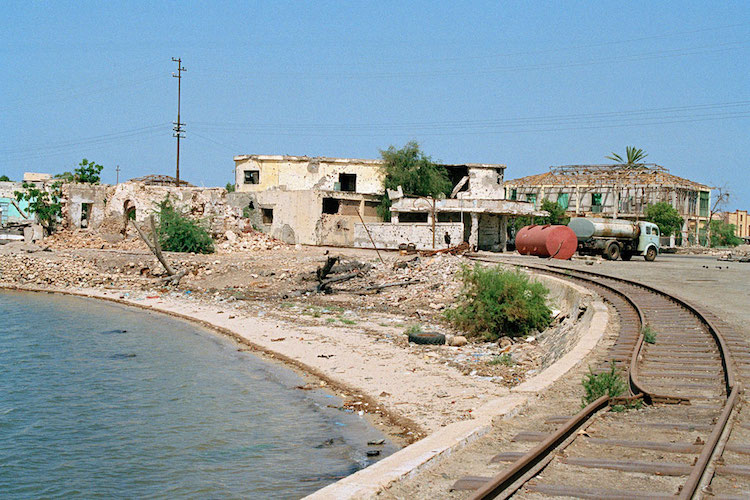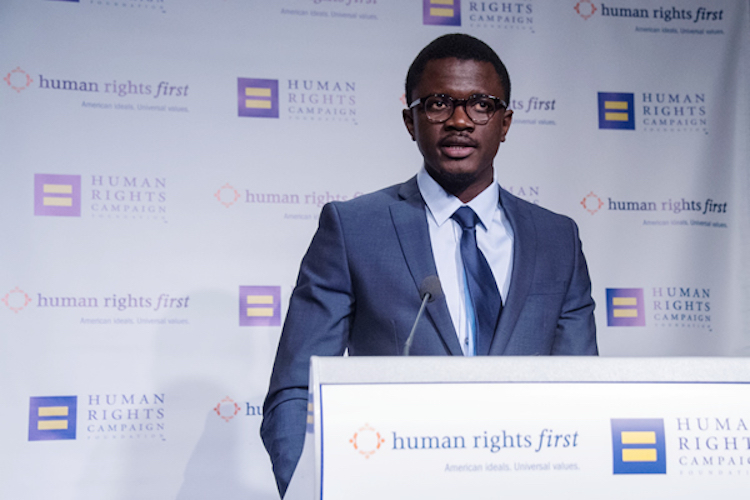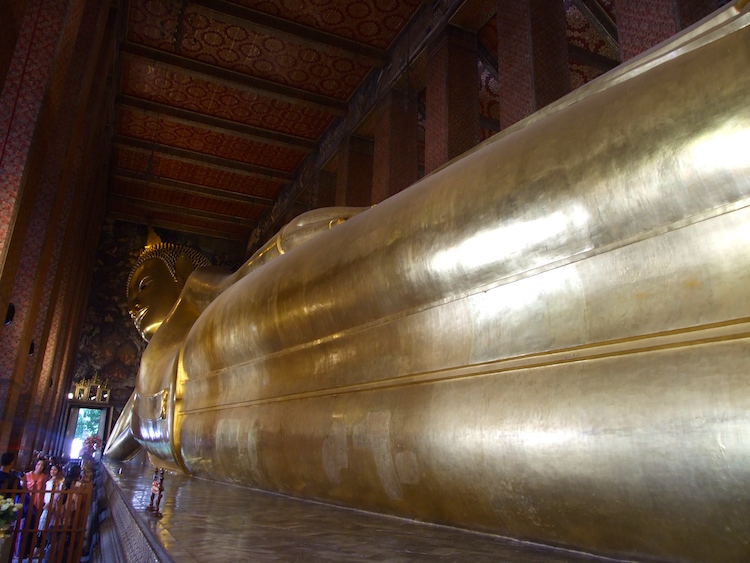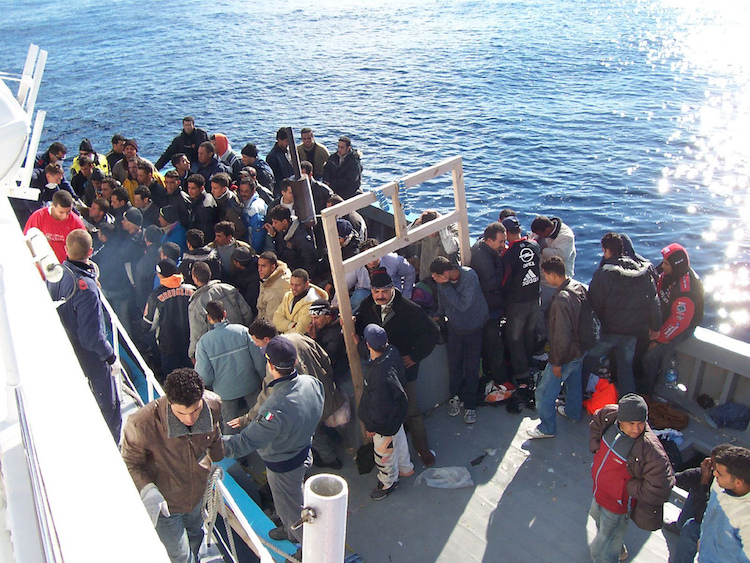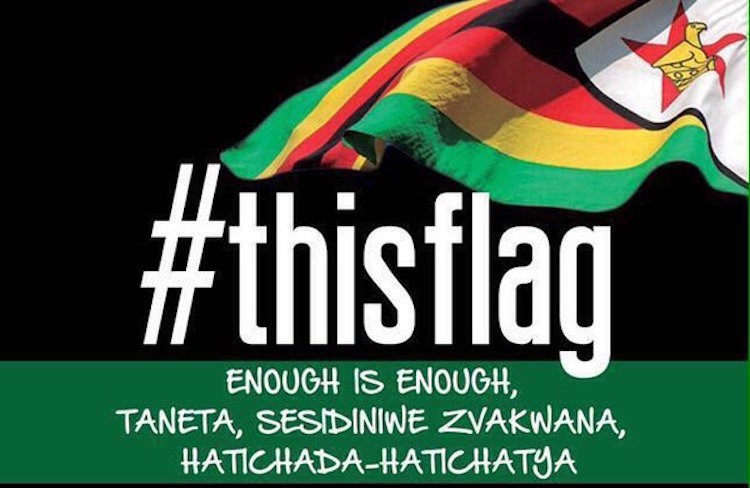Analysis by Reinhardt Jacobsen *
BRUSSELS (IDN) – While UN Secretary-General Ban Ki-moon has urged both Ethiopia and Eritrea to exercise “maximum restraint and refrain from any act or statement that could exacerbate the situation”, reports gathered by IDN from several independent sources close to the border between the two countries and in Eritrea, underscore the grave risks the armed conflict between the two East African countries entails.
Diverse sources claim that border skirmishes are ongoing unabated and that “war logic” is gripping both sides – with Eritrean and Ethiopian leaders putting on their “war masks”.

